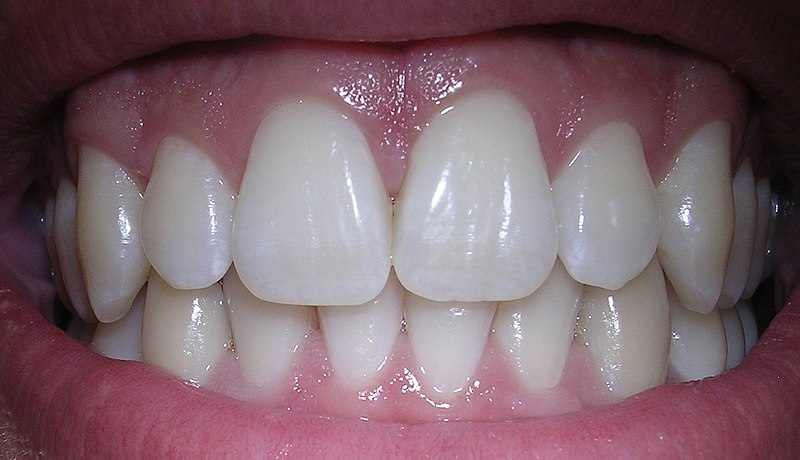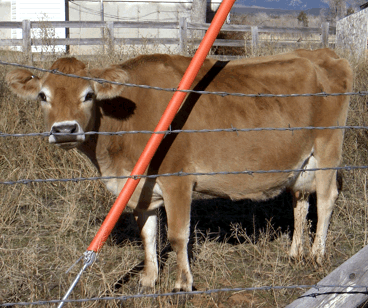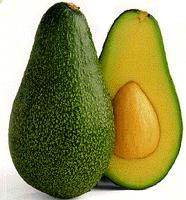 Nearly one year ago, 2.2 million people and 2100 business in Sydney Australia turned off their lights for one hour. Why, you ask? To raise awareness about and inspire people to fight against global warming. They called it Earth Hour. Tonight is your chance to join this cause. At 8:00 p.m., turn off your lights and unplug any non-essential electrical devices for one hour. How will this matter, you ask? Granted, it will only save a small fraction of energy as compared to what we use throughout the year. But, by spreading awareness and helping to inform people, we can make a different throughout the year. You can also check out some reasons here.
Nearly one year ago, 2.2 million people and 2100 business in Sydney Australia turned off their lights for one hour. Why, you ask? To raise awareness about and inspire people to fight against global warming. They called it Earth Hour. Tonight is your chance to join this cause. At 8:00 p.m., turn off your lights and unplug any non-essential electrical devices for one hour. How will this matter, you ask? Granted, it will only save a small fraction of energy as compared to what we use throughout the year. But, by spreading awareness and helping to inform people, we can make a different throughout the year. You can also check out some reasons here.It easy for me to think of all the things I won't be able to do. Check my email, watch a movie, play music. But I intend to break out some candles and do some reading. Not sure what you can do for an hour without electricity? Check out WWF's suggestions or just ask Google.
Oh, and for those of you who missed Earth Hour 2008, the website provides a handy countdown to next year.
Image: http://www10.earthhourus.org/






